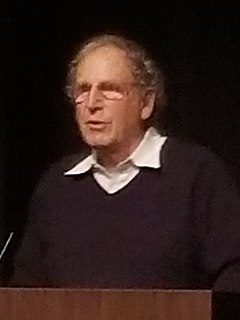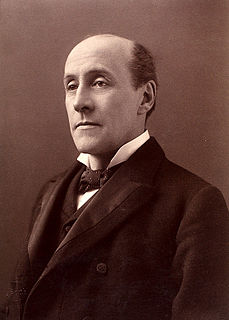A Quote by Stephen Covey
To judge individuals before understanding them is a form of human rejection and feeds upon itself.
Quote Topics
Related Quotes
It is not rejection itself that people fear, it is the possible consequences of rejection. Preparing to accept those consequences and viewing rejection as a learning experience that will bring you closer to success, will not only help you to conquer the fear of rejection, but help you to appreciate rejection itself.
It is the duty of the human understanding to understand that there are things which it cannot understand, and what those things are. Human understanding has vulgarly occupied itself with nothing but understanding, but if it would only take the trouble to understand itself at the same time it would simply have to posit the paradox.
Human life is so strangely constituted that even perfected intellectual understanding combined with the richest experience is incapable of conquering innate weaknesses. Even if it thoroughly analyzes itself, psychology (and this is one of the dubious aspects of psychoanalysis) can, to be sure, recognize its flawed native characteristics, but it cannot eliminate them. Understanding (them) is not the same as overcoming (them) and, again and again, we see the wisest of human beings helpless in the fact of their small follies which everyone else observes with a smile.
I would also hope that readers receive a larger understanding, or a different understanding, of what it means to be human, than they might have had before. We suffer from being quick to judge, quick to make excuses for ourselves and others, and I would like the reader to feel that we are all, more or less, in a similar state as we love and disappoint one another, and that we try, most of us, as best we can, and that to fail and succeed is what we do.
In film, there are two ways of including human beings. One is depicting human beings. Another is to create a film form which, in itself, has all the qualities of being human: tenderness, observation, fear, relaxation, the sense of stepping into the world and pulling back, expansion, contraction, changing, softening, tenderness of heart. The first is a form of theater and the latter is a form of poetry.
As Joanna Macy reminds us, "Information by itself can increase resistance [to engagement], deepening the sense of apathy and powerlessness." Stories about particular individuals and specific situations usually have the opposite effect. By giving unwieldy problems a human face, they also bring them down to a human-and thus manageable-scale.
In the deep, unwritten wisdom of life there are many things to be learned that cannot be taught. We never know them by hearing them spoken, but we grow into them by experience and recognize them through understanding. Understanding is a great experience in itself, but it does not come through instruction.
Trusting people to be creative and constructive when given more freedom does not imply an overly optimistic belief in the perfectibility of human nature. It is, rather, belief that the inevitable errors and sins of the human condition are far better overcome by individuals working together in an environment of trust and freedom and mutual respect than by individuals working under a multitude of rules, regulations, and restraints imposed upon them by another group of imperfect individuals.




































